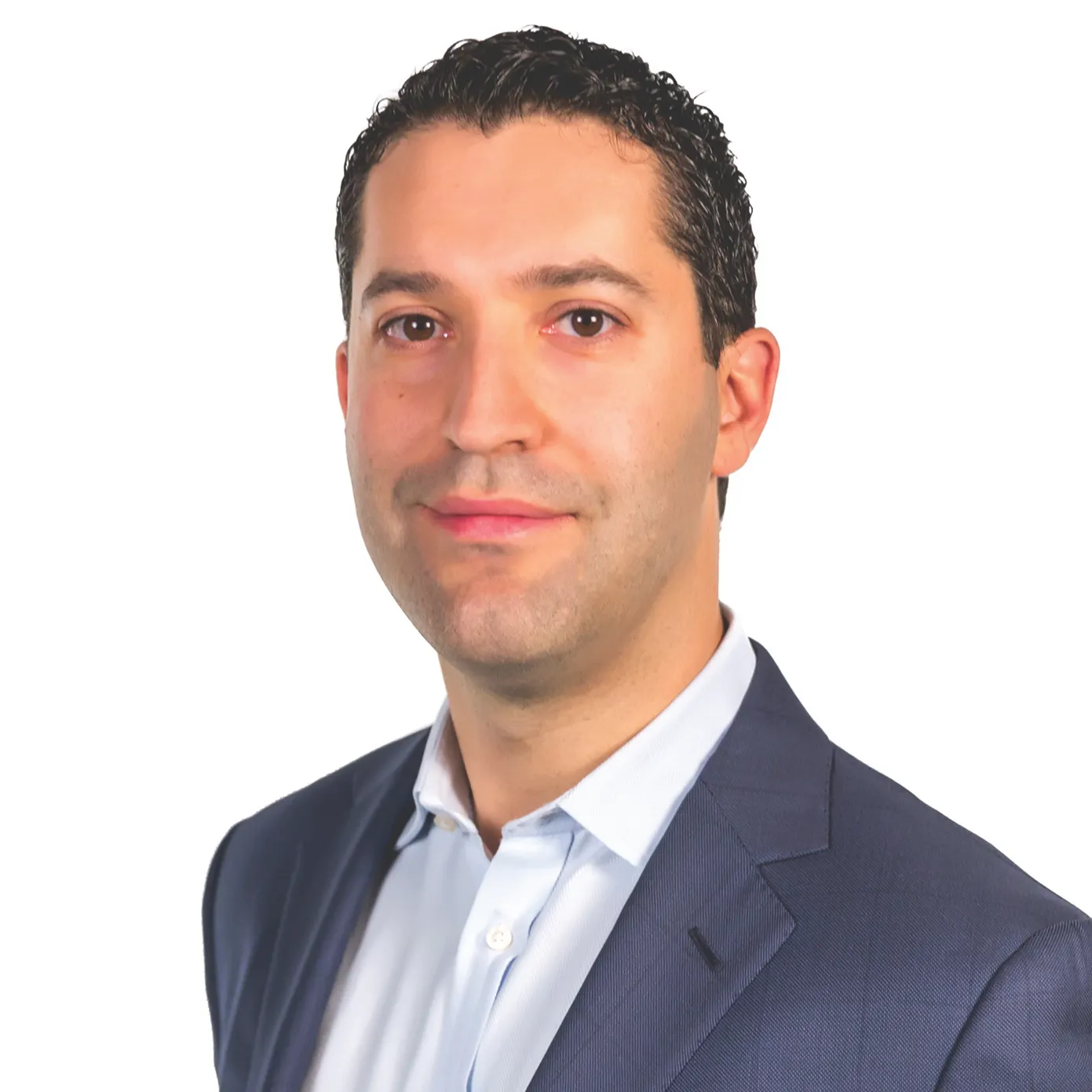While most of Jonathan Price’s straight-out-of-college investment banking peers burned out and left the intense profession by their fifth year, Price stayed in the field for 14 years. Each time he thought about getting off the “roller coaster,” an appealing opportunity for a new experience on the ride appeared. One time it involved changing banks; another, the Canadian accepted a transfer to San Francisco.
Still, he wondered what it would be like to be accountable for a piece of the organization’s success or failure after the deal was closed.
Price got a chance to do that with Q2 Holdings, a company he had pitched, but never done a deal with. Impressed with its management and certain there was a culture fit, he joined the Texas-based digital banking and lending solutions provider as senior vice president of corporate development in 2018.
The hockey fan — he’s on the NHL Coaches’ Association’s Advisory Board — soon added business development, emerging businesses and strategy to his responsibilities before being named CFO in late 2024.

Jonathan Price
CFO, Q2 Holdings
First CFO position: 2024
Notable previous employers:
- BMO Capital Markets
- Citi
- Goldman Sachs
This interview has been edited for brevity and clarity.
SANDRA BECKWITH: What brought you from investment banking to your first position at Q2 in corporate development?
JONATHAN PRICE: When you’re an investment banker, you’re pitching for business or you’re executing deals. You never get to own what happens after the transaction. You don’t get to integrate the business if it’s an M&A deal; you don’t get to work to make sure that the business case you built comes to fruition. And you’re not accountable if it does or doesn’t.
I wanted that accountability.
Corporate development offered me a way to capture that last mile when you don’t walk away as an adviser. The opportunity at Q2 was a natural next step because it let me learn how you go from advising on a transaction to actually owning and being accountable for the outcome.
You spent six years at Q2 growing the business through both corporate and business development. What prompted the shift to finance and the CFO position?
During my first years here, I owned corporate and business development and, ultimately, corporate strategy. In that context, I got purview over what we did as a company organically from a strategy and partnership perspective, and what we did inorganically. That gave me exposure to all leaders across the business cross-functionally, and an understanding of everything going on. That’s a solid foundation for a CFO.
I also worked alongside our prior CFO as we transitioned from what I would call a grow-at-all-costs business, where profitability wasn’t a priority, to one where profitable growth became the focus. I believe that contributed to the faith the CEO and board had in my ability to lead as CFO.
Was becoming CFO a career goal at any point? If so, how did it influence how you approached your career? If not, when did you decide to shift to the CFO track?
That is the natural goal when you think about leaving investment banking to go corporate, but it wasn’t necessarily a discrete goal for me. I was more focused on making sure that I didn’t get so embedded in finance, strategy or corporate development that I didn’t have operating experience.
Plus, I tend to focus on where my feet are. Career opportunities usually take care of themselves if you execute at a high level and do the right things.
How does your background affect how you do your job now, and how might it differ from someone who came to the CFO role with different experience?
Investment banking is a crash course in how to be an effective communicator. That’s the single most valuable experience and lesson that I took from banking. What I lead with first at Q2 is very transparent and clear communication, no matter who the stakeholder is.
Looking back on your career, what do you think was the most pivotal moment?
The most pivotal moment by far was picking up and leaving investment banking after 14 years.
The more senior you get in banking, the harder it is to leave. But when I did, it was because I believed in Q2’s software-as-a-service model during the early days of enterprise SaaS. I made a bet that my understanding of that model, my relationships with the CEO and others I met while I was in banking, and my fit with the company’s culture meant that moving from San Francisco to Austin would work out.
What advice would you give to others in finance hoping to become CFOs?
Be willing to take a risk and bet on yourself, especially early in your career. It took me a long time to get comfortable making that bet. Fear and comfort with the status quo kept me from making a move earlier.
In addition, show up and be consistent. It’s what drove my success and durability through what was a very challenging career path early on.





